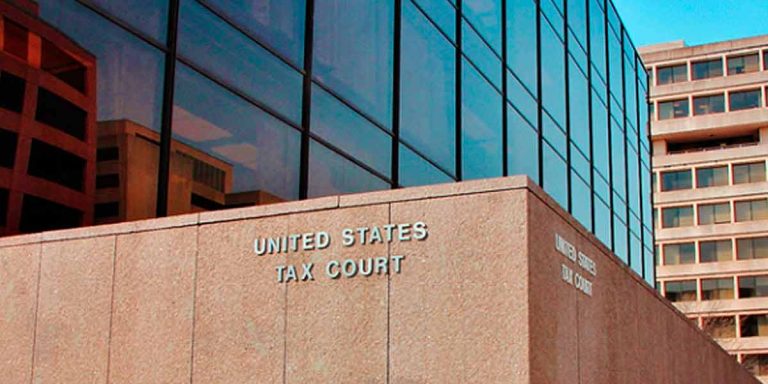What is an S corporation?
“S corporation” stands for “Subchapter S corporation”, or sometimes “Small Business Corporation.” It’s a special tax status granted by the IRS (Internal Revenue Service) that lets corporations pass their corporate income, credits and deductions through to their shareholders.
The S corporation status lets businesses avoid double taxation, which is what happens when a business is taxed at both the corporate level and business owner level. In the absence of corporate tax, the S corp “tax rate” is wherever the business owner’s personal income level falls on the tax bracket. Keep in mind that “S corporation” is a tax designation, not a business entity type. You can’t ‘incorporate’ as an S corporation. To become one, you have to apply to the IRS.
Requirements proposed for S Corporation
In other for you to be an S Corporation, your business first needs to be set up as a corporation by filling and submitting documents like the Articles of Incorporation or Certificate of incorporation to the appropriate government authority, along with the applicable fee.Once the incorporation process is complete, all shareholders must sign and submit Form 2553 to be granted the S Corporation designation.2 From there, taxes are handled by the corporation’s partners on their individual returns. According to Internal Revenue Service (IRS), to qualify for S corporation status, the corporation must meet the following requirements
- Be domiciled in the United States
- Have only allowable shareholders, which may include individuals, certain trusts, and estates, and cannot include partnerships, corporations, or non-resident alien shareholders
- Have 100 or fewer shareholders
- Have just one class of stock
- Not be an ineligible corporation (i.e. certain financial institutions, insurance companies, and domestic international sales corporations, which are forbidden the S corp structure)
How to Start and Form an S Corp
Choose a legal name and reserve it, if the Secretary of State in your state does that sort of thing (not all do).
- Draft and file your Articles of Incorporation with your Secretary of State.
- Issue stock certificates to the initial shareholders.
- Apply for a business license and other certificates specific to your industry.
- File Form SS-4 or apply online at the Internal Revenue Service website to obtain an Employer Identification Number (EIN).
- Apply for any other ID numbers required by state and local government agencies. Requirements vary from one jurisdiction to another, but generally your business most likely will be required to pay unemployment, disability, and other payroll taxes – you will need tax ID numbers for those accounts in addition to your EIN.
- File the IRS form 2553 within 75 days of your corporation formation.
Advantages of S Corporation
- Limited liability for management and shareholders.
- An unlimited number of management, no state residency requirements.
- Distinct, court-recognized existence, which helps protect you from personal liability that can cause you to lose your personal wealth in assets like your home, car, or nest egg.
- Flow-through taxation: Profits are distributed to the shareholders, who are taxed on profits at their personal level.
- Great income-splitting potential for owner/employees. Can take a smaller salary and pay income taxes and regular payroll deductions, then take the remainder of profit as a distribution subject to income tax only.
- Good privacy protection.
Disadvantages of S Corporations.
- At shareholder level, shares are subject to seizure and sale in court proceedings.
- Maximum of 100 shareholders, all of whom must be U.S. residents or resident aliens. Shares must be held directly, except in special circumstances.
- Owner/employees holding 2% or more of the company’s shares cannot receive tax-free benefits.
- Because flow-through taxes will be paid at the personal rate, high-income shareholders will pay more taxes on their distributions.
- Not suitable for estate planning vehicle, as control is ultimately in the hands of the stockholders. In a planned gifting scenario, once majority control passes to children from parents, children can take full control of the company.
- If tax status is compromised by either non-resident stockholder or stock being placed in corporate entity name, the IRS will revoke status, charge back-taxes for 3 years and impose a further 5-year waiting period to regain tax status.
- Not suitable to hold appreciating investment. Capital gain on sale of assets will incur higher taxes than with other pass-through entities such as LLCs ad Limited Partnerships.
- Limited to one class of stock only.
Get Help
If you would like to learn more about the S corporation of estate planning, please contact any of our estate planning attorneys today.
































